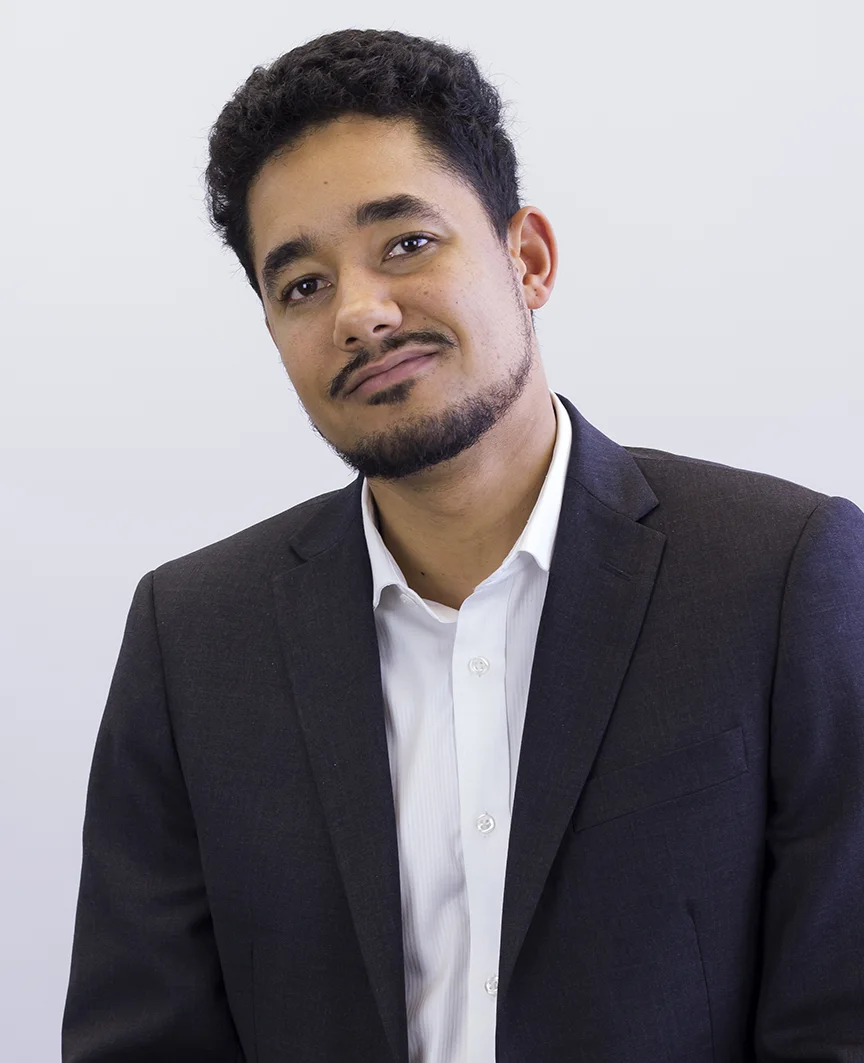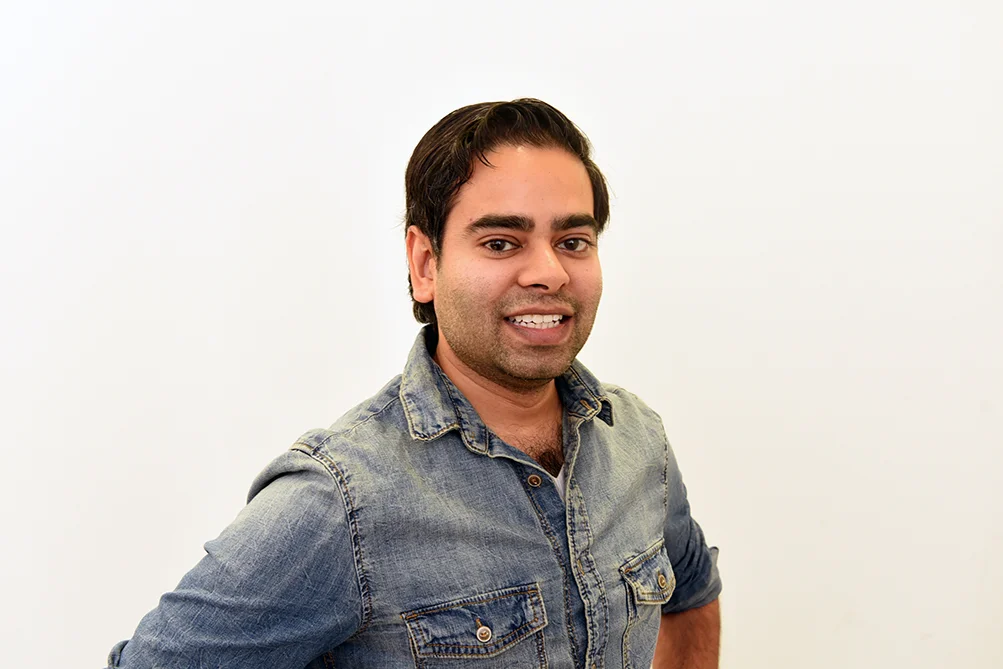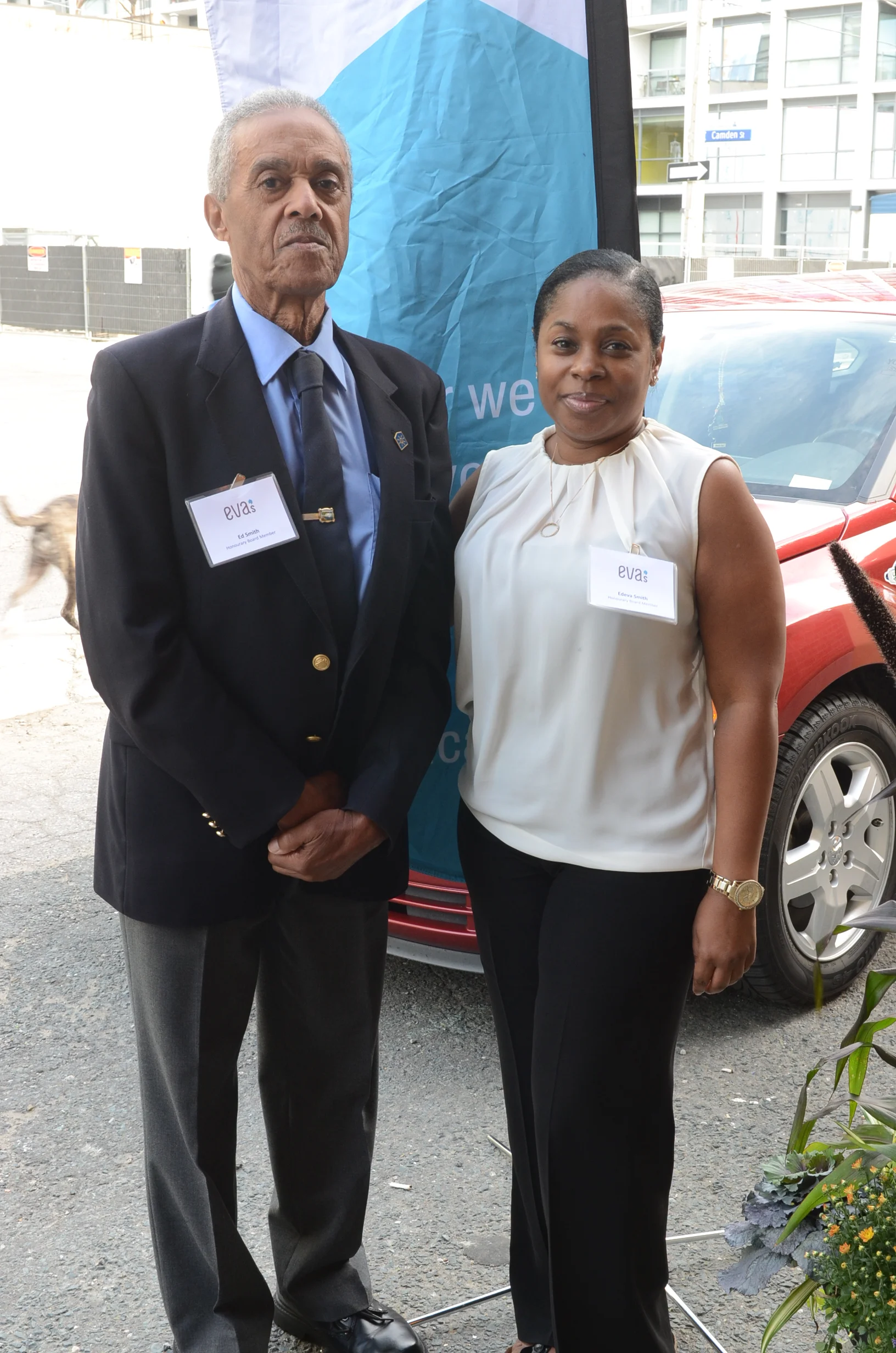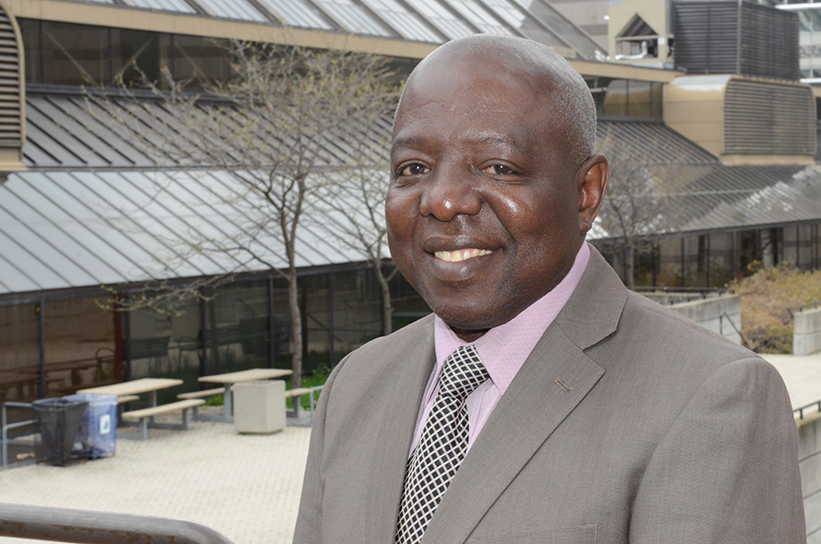Program provides job training, life skills coaching for young people
February 24, 2017
At a crossroads after losing a close friend to gun violence in the city and doing menial factory jobs, Shirland Marshall was desperate for any help he could get to settle down and land a fulfilling career.
He found an opening to his goal through social media where many job seekers are active on social networking sites.
A friend’s Instagram post of a community culinary training program piqued Marshall’s interest.
Run by Careers Education & Empowerment Centre for Young Black Professionals which was formerly Community Empowering Enterprises (CEE), the Kitchen Masters program offers the skills, training and work experience needed to launch a career in the culinary industry.
Open to individuals between the ages of 18-29 from challenged communities who are out of work and on welfare, the holistic program enables participants to build capacity through three months of professional development and culinary training at private school, cooking challenges and life skills coaching and workshops followed by a four-month paid job placement.
The introduction to the three-year-old program is unique.
Participants are required to undergo a three-day weekend retreat outside the city where they bond with classmates, work with some of Toronto’s top chefs, gain some knowledge of the industry and do some cooking.
“This program allowed me to find myself,” said Marshall who graduated two years ago and is a chef at The Dirty Bird Chicken + Waffles which is a fixture in Kensington Market. “I was close-minded and not willing to voice an opinion. That all changed with the retreat in Peterborough where there wasn’t any internet access and we were not allowed to use cell phones. We played board games in our spare time and did a lot of bonding and interacting. That was where I started to find myself.”
Marshall, who migrated from Grenada in 1998 and attended Emery Collegiate Institute, relishes his workplace role and is an ambassador for the Kitchen Masters program.
“I was the ‘Employee of the Month’ on three occasions and my functions have increased,” he said. “I tell anyone I meet how much the program has done for me.”
Program facilitator Horace Spence said Marshall’s evolution has been monumental.
“Shirland wanted change, but he was caught up in the street with friends and that lifestyle and didn’t know how to navigate the system,” said Spence. “I took him under my wings and let him know that I knew where he was coming from. By doing that, he opened up to me. When you are young, in conflict with the law and out of school, all you do is survive. You don’t actually know how to live and develop.”
Including the current cohort that started their training last November, 24 participants have passed through the program and nearly 85 per cent of them are employed.
Individuals interested in participating in the program can apply online at www.ceetoronto.com/applykm.
CEE also offers a 12-week trades training program, a training and development course that enables participants to launch a career in the creative industry through experiential learning activities and a branded youth marketing conference.
Started as a United Way of Toronto & York Region Youth Challenge Fund Legacy Initiative in 2012, CEE was incorporated last April after being incubated for four years at Black Creek Community Health Centre.
“At the core of what we do are intensive career development programs,” said founding executive director Dr. Kofi Hope. “Entrepreneurship and employment are necessary, but what we realised is that the young people we are serving are out of school and unemployed and they face barriers that block them from a pathway to a career. Part of that is understanding what a career is and the different aspects and elements of it.
“Many of the people that we attract are homeless or living in precarious housing, have been in trouble with the law, young parents, substance abusers or people with mental illnesses. It’s vital that they are surrounded with a positive community.”
Hope said that was the principal reason for starting each program with a three-day retreat.
“We expose them to examples of Black excellence and we talk about how you think about a career,” the Rhodes Scholar said. “You get exposed to the sectors these professionals are in and we do intense stuff about team building and your personal story telling. After that, we talk about career development and getting yourself stabilized by moving from a survival mode to a thriving role.”
There is instant and ongoing support for graduates.
“The first day on the job, you will get a text from one of our staff members to remind you to be on time,” said Hope who is also the Toronto Environmental Alliance equity officer and a board member. “If you have a difference with your boss, there will be someone to sit down with you and talk about it. If you lose your housing, if you have bed bugs and if you need to get new clothes for your kids, there is always someone you can call. We will come in and support you. With many of the folks we deal with, its things like these in their personal lives that can get them fired. We provide that layer of support so they can deal with those challenges.”
Hope co-founded the program a few months after returning to Toronto armed with a PhD in politics from Oxford University.
His doctoral dissertation focussed on how large non-governmental organizations develop and implement policies around social justice issues. He did a multi-country analysis looking at Canadian civil society organizations engagement in the anti-apartheid movement and the legacy of this work.
Conducting 94 interviews, archival research in Toronto and Ottawa, Hope also spent seven months in South Africa doing field work as part of his doctoral preparation.
He was attached to two non-profit organizations, including the Ithemba Farmers Association whose nearly 300 poor Blacks who practiced subsistence agriculture on a piece of land for almost three decades faced eviction.
“I supported the leadership of that movement in doing research, organizing and strategizing,” he said. “I was also invited to join their negotiating team and we were able to keep the people on their land. I have always been passionate about change work.”
A 2006 University of Toronto honours graduate, Hope spent six years in England, graduating from Oxford with a Master’s in African Studies prior to securing his doctorate.
He said the Rhodes Scholarship provided him with the opportunity to tackle complex problems and explain them in succinct ways.
“That is one of the major ways your game is elevated,” said Hope who the Toronto Star profiled as ‘One of the Top Ten People to Watch’ in 2006. “You learn to refine your ideas and make them crystal clear. The larger piece for me, however, was that it gave me global exposure. I have been privileged to travel to 22 countries, half of them being during my time at Oxford.”
At CEE Centre for Young Black Professionals, he’s supported by a nine-member staff that includes Spence, Gary Newman (program manager), Shereen Ashman (program co-ordinator), Shaila Kibria Carter (finance & administration manager), Xavier McLaughlin (program facilitator), Femi James (case worker), Natasha Hanna-Sawires (finance & administration assistant) and social workers Renee Wilkinson and Jemila Jackson.
On March 25, CEE will hold a fundraising and awards gala at the National Event Venue, 1000 Finch Ave. W.
Tickets cost $100 and can be obtained at the office at 200 Consumers Rd. Suite 510 or online at www.ceegala2017.eventbrite.ca
The proceeds will go to the CEE career training programs.






